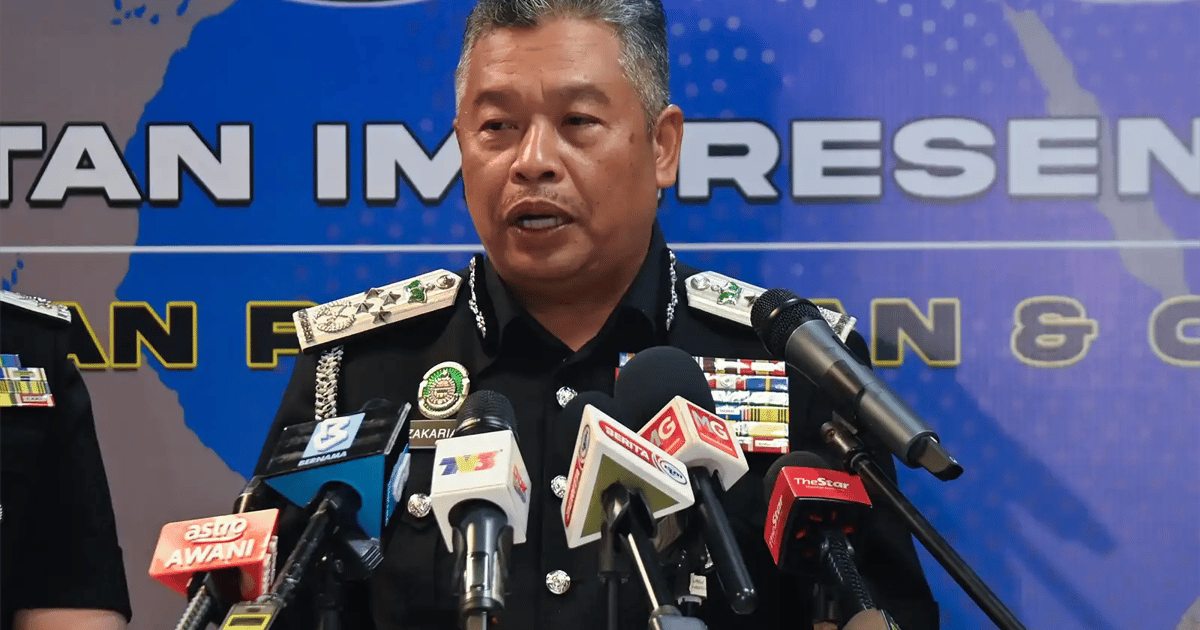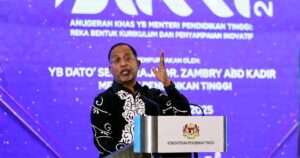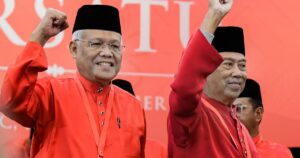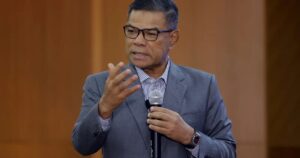
The immigration department has uncovered a cartel in which senior officers recruit new staff for corrupt practices at the country’s entry points through “counter setting” in exchange for lucrative rewards.
The practice is believed to have existed since “counter setting” activities were first detected in the department in 2017, with new officers who refused to comply with the group’s instructions facing boycotts and isolation, reported Berita Harian.
Counter setting involves selected travellers being allowed through immigration inspection without undergoing proper procedures.
Immigration director-general Zakaria Shaaban said his department was continuing surveillance of those involved to gather sufficient evidence for criminal prosecution.
“We acknowledge that this misconduct continues, and many immigration officers are still involved despite the strict action taken,” he said.
“This is due to a structured cartel culture that recruits new members to sustain these lucrative activities. We know who they are.”
The Malaysian Anti-Corruption Commission (MACC) said on Monday that a senior immigration officer had been found in possession of nearly RM1.5 million in assets, with over RM1 million in Tabung Haji accounts held under his name as well as those of his wife and children. He also had over RM400,000 in an Amanah Saham Bumiputera account.
In Selangor, MACC seized luxury items including jewellery weighing 3.2kg worth RM1.6 million and 75 gold bars valued at about RM400,000 from six individuals, including five immigration officers stationed at entry points.
In Melaka, meanwhile, a husband-and-wife pair of immigration officers who were remanded were found to have accumulated wealth not only by buying jewellery but also by opening a goldsmith shop. Their gold stockpile, worth RM1.4 million, was derived from bribes linked to manipulating the legalisation process of undocumented migrants as foreign workers.
The couple, in their 40s, were found to have opened the shop in Pahang using RM600,000 in illicit funds collected since 2020. To conceal their activities, they appointed the female officer’s sibling and their own child to run the business.
Zakaria said the immigration department, which receives complaints about corruption at entry points, would continue to share this information with MACC and the police for detailed investigations.
He said MACC traced assets gained by officers, making it easier to establish links to corruption and press charges.
“If the immigration department alone takes action, we would just transfer the officer, and the case ends there, allowing them to feel secure.
“But with MACC or the police handling it, these officers can be arrested and prosecuted based on evidence.
“Many more will face action soon. I cannot give exact figures, but they are under our watch. Some have been involved for a long time, while others are only just beginning,” he said.
On the rewards enjoyed by corrupt officers, Zakaria acknowledged that many appeared to be living lavish lifestyles, purchasing luxury assets and expensive vehicles.
He said they used sophisticated tactics to hide their illicit wealth, including registering luxury assets under the names of other people to evade detection.
“This is our biggest challenge in terms of internal disciplinary measures. If the assets are not under their names, it is difficult to link them directly to the misconduct,” he said.






